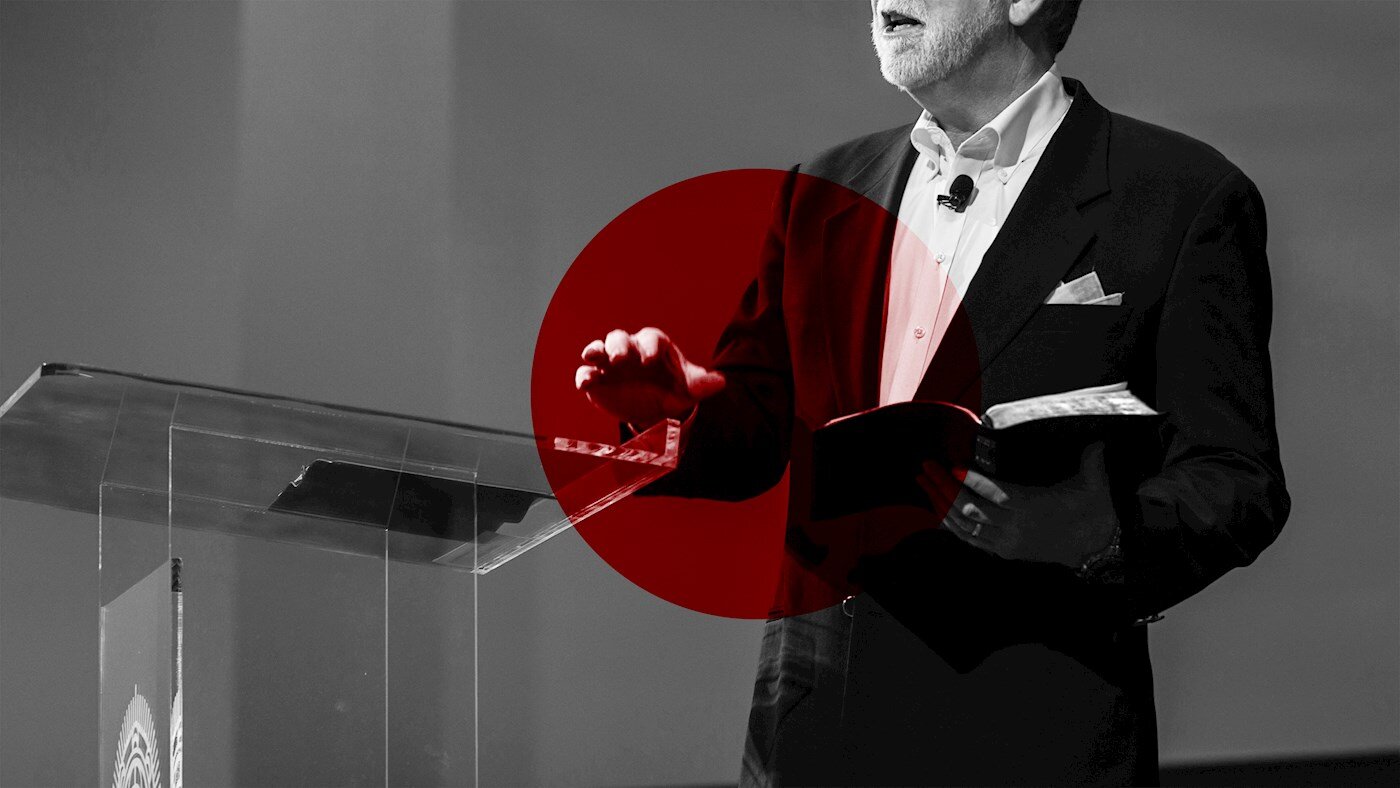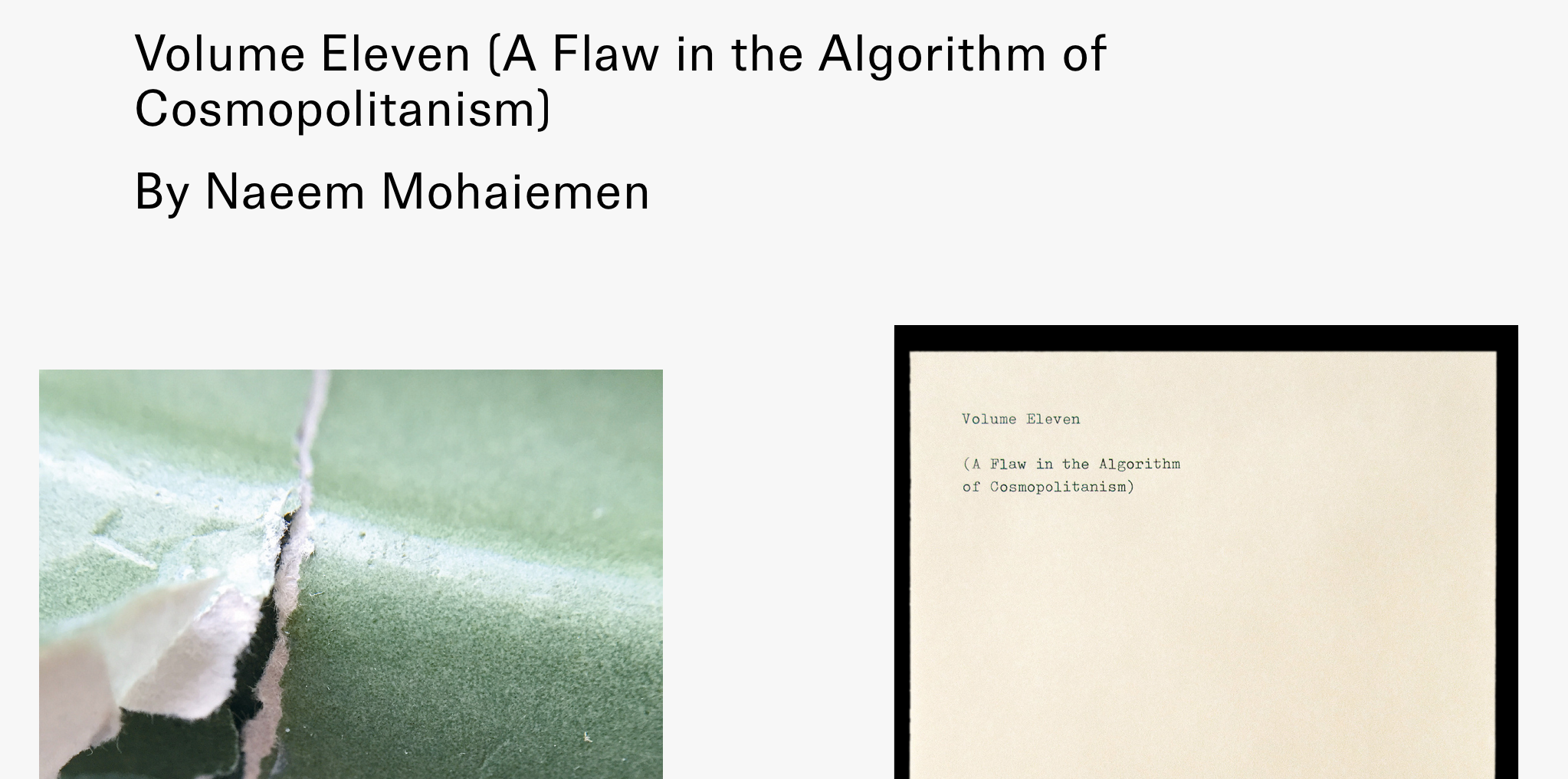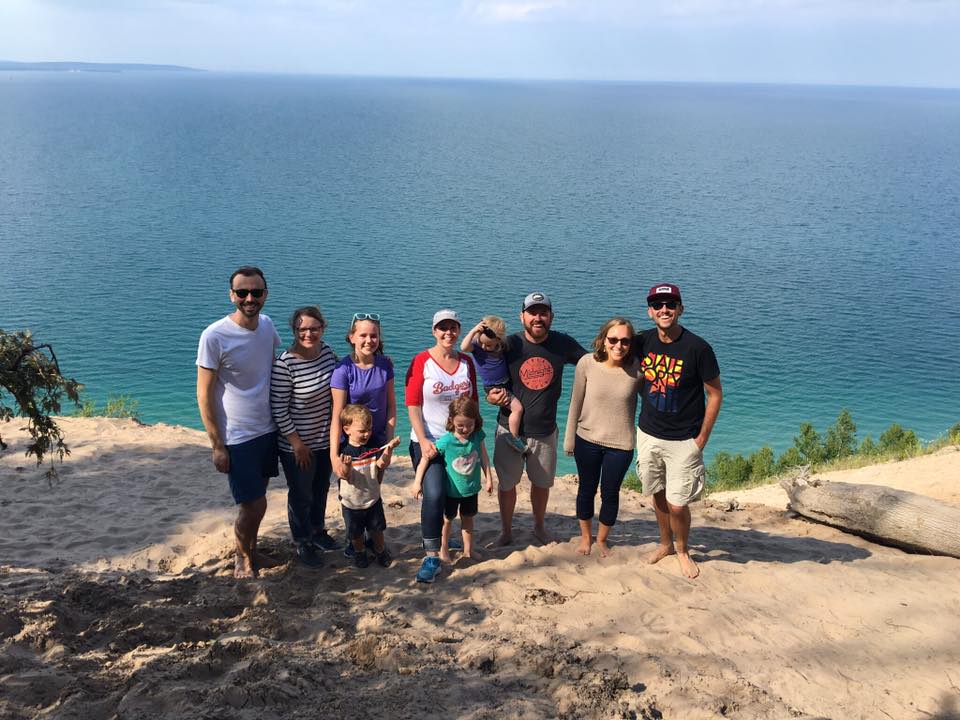Franziska König always enjoys getting a note from her pastor. Even so, she never expected to get one like she did last week.
“The message started out normally, asking me how I am doing,” König said, “how I am fairing in these terrible times and so on.”
Then, her pastor told her that their small evangelical church in Berlin was going to reopen after being closed for weeks due to the COVID-19 pandemic. That was good news.
“But it was weird when he said I would have to make ‘reservations’ for my family to have a spot on Sunday,” said König. “That’s certainly never happened before.”
König and her congregation are not alone in navigating a “new normal” for worship gatherings as lockdown limits ease across Germany.
While Germany’s federal government makes plans for tracing infection chains and reopening public facilities, churches across Germany are developing their own plans for how to restart worship with new regulations such as compulsory face masks, the prohibition of physical contact, and restrictions on congregational singing.
Questions about singing, more than anything else, have caused consternation among evangelicals in Germany. Perhaps this comes as no surprise. It was the German reformer Martin Luther, after all, who said that “next to the Word of God, music deserves the highest praise.”
However, Lothar Wieler, the head of Germany’s top health research organization—the Robert Koch Institute (RKI)—strongly advised against communal singing of any kind while there are still fears about the spread of the coronavirus. Wieler explained in the official biweekly COVID-19 press conference that “evidence shows that during singing, the virus drops appear to fly particularly far.”
Some even say that singing is a “super-spreader.”

























